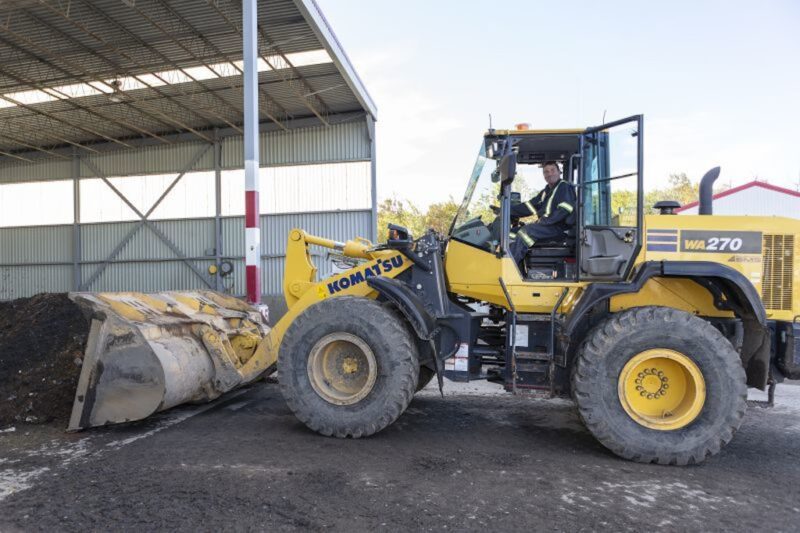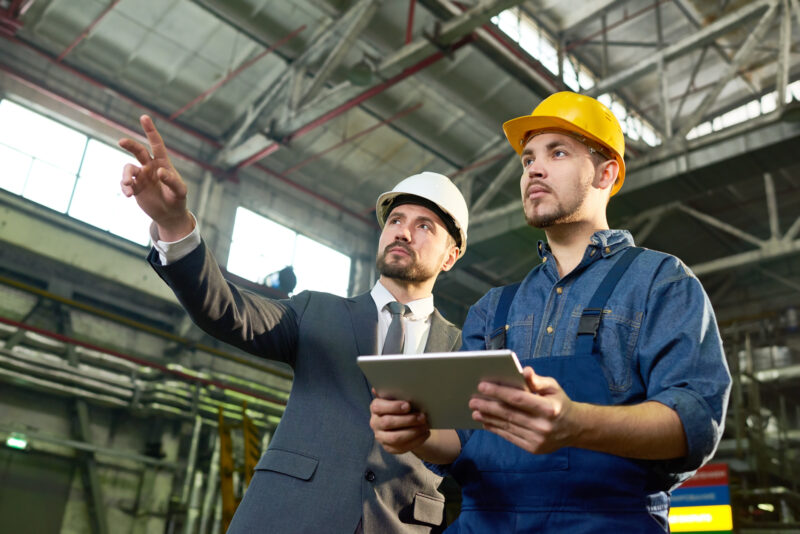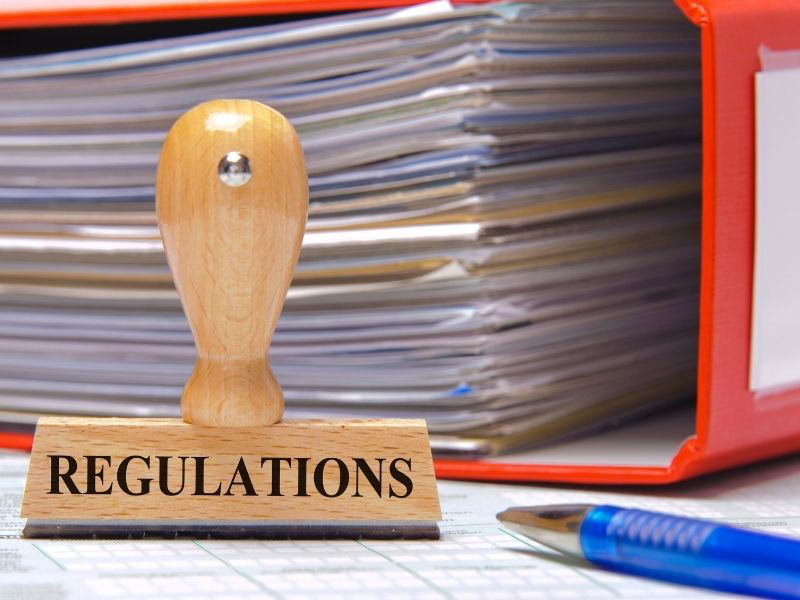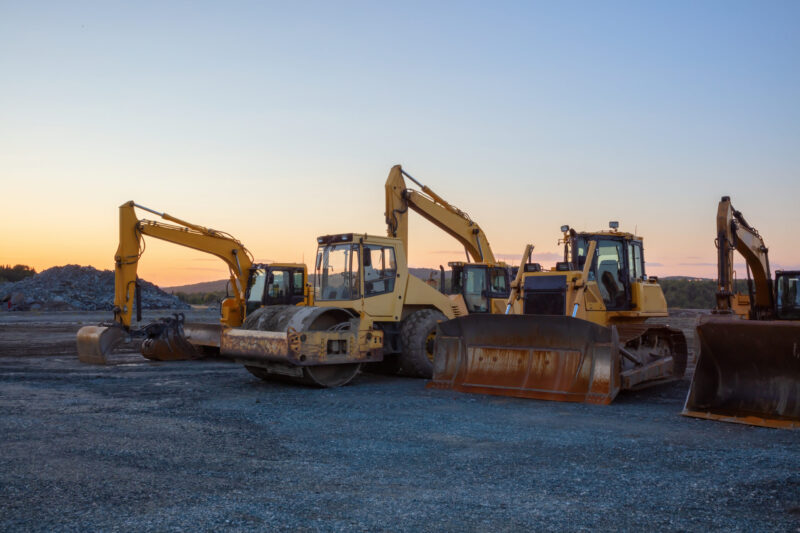The construction industry relies heavily on the use of specialized equipment to carry out various projects efficiently and effectively. Construction equipment represents a significant investment for companies, making it crucial to have a clear understanding of its value. This is where construction equipment appraisal comes into play. In this comprehensive guide, we will demystify the process of construction equipment appraisal and highlight its importance for professionals in the industry.
Definition of Construction Equipment Appraisal
Construction equipment appraisal is an essential practice within the construction industry as it involves the systematic evaluation conducted by certified appraisers who specialize in this field to determine the value of machinery, vehicles, and tools utilized in construction operations.
With the primary goal of offering an accurate assessment of equipment value, appraisals serve a myriad of purposes that are integral to various aspects of the industry. These include facilitating financial reporting by providing reliable valuation figures, aiding in informed buying or selling decisions by establishing fair market values, and assisting in insurance coverage determination to ensure appropriate coverage levels.
In addition it helps enable precise tax considerations to comply with regulatory requirements, and even supports litigation proceedings by providing credible and defensible equipment valuation data. The complex nature of construction equipment and its importance to the industry necessitate these comprehensive appraisals conducted by certified professionals, allowing businesses and individuals to make well-informed and strategic decisions related to their equipment assets.
Factors Influencing Equipment Value

Several factors influence the value of construction equipment. Age is a primary consideration, as older equipment may have reduced efficiency and higher maintenance costs. Condition plays a crucial role, as well-maintained machinery will command a higher value. Market demand and economic factors, such as supply and demand dynamics, affect equipment values as well. Additionally, equipment specifications, including brand reputation, model features, and technological advancements, can significantly impact appraisal outcomes.
Appraisal Methods
Various methods are employed in construction equipment appraisal, each with its strengths and applicability. The cost approach determines value based on the replacement cost of the equipment, considering factors such as depreciation and obsolescence. The sales comparison approach compares the equipment’s value to similar items sold in the market. The income approach assesses value based on the income generated by the equipment over its lifespan. Construction equipment appraisal companies, such as trumanmox.com, utilize a combination of these methods, considering the specific circumstances of each appraisal, to provide a comprehensive and accurate evaluation of the equipment’s worth.
Choosing a Certified Appraiser

Selecting a qualified and experienced appraiser is crucial to ensure accurate and reliable equipment valuation. Look for appraisers who hold relevant certifications, such as those from recognized professional organizations. Industry knowledge and experience are essential, as appraisers familiar with construction equipment can provide valuable insights and accurate assessments. Reputation is another crucial factor to consider, as it indicates the appraiser’s trustworthiness, reliability, and their track record of delivering high-quality appraisals that withstand scrutiny.
Appraisal Process Step 1: Gathering Information
The appraisal process begins with gathering comprehensive information about the construction equipment being assessed. Appraisers require data such as equipment specifications, maintenance records, ownership history, and any modifications or upgrades made. This information helps appraisers understand the equipment’s history, condition, and usage, forming the foundation for the appraisal analysis.
Appraisal Process Step 2: Physical Inspection
A critical step in the appraisal process is the physical inspection of the construction equipment. Appraisers conduct a thorough examination of the machinery, carefully assessing its overall condition, functionality, and any signs of wear and tear. This step allows appraisers to verify the accuracy of the gathered information, identify any potential issues or discrepancies, and make more informed judgments about the equipment’s value.
Appraisal Process Step 3: Data Analysis
After gathering information and conducting the physical inspection, the appraiser analyzes the data to determine the value of the construction equipment accurately. They compare the collected information with industry standards, market trends, and other relevant data to establish a fair and objective assessment. This step involves careful consideration of depreciation, market demand, economic factors, and the specific characteristics of the equipment being appraised.
Appraisal Report and Documentation

Upon completion of the appraisal analysis, the appraiser meticulously prepares a comprehensive and detailed appraisal report. This report serves as a comprehensive record that meticulously documents all the findings from the appraisal process. It includes essential information such as the assessed value of the equipment, the supporting data and evidence used in the analysis, the methodology employed, and any assumptions made during the appraisal process.
Accurate and meticulous documentation is of paramount importance, as it ensures transparency, facilitates compliance with professional standards, and serves as a reliable reference point for making informed business decisions. Moreover, the comprehensive appraisal report plays a vital role in legal proceedings, providing a solid foundation for potential litigation or disputes.
Additionally, this meticulously prepared document serves as a valuable resource for future valuation needs, enabling stakeholders to track changes in equipment value over time and make informed decisions regarding insurance coverage, financial reporting, asset management, and potential sales or acquisitions.
Legal and Regulatory Considerations

Construction equipment appraisal involves legal and regulatory considerations that must be addressed. Compliance with industry standards, tax regulations, and insurance requirements is crucial to ensure the appraisal aligns with legal frameworks and best practices. Accurate valuations are necessary for insurance coverage, tax assessments, financial reporting, and potential legal disputes. Working with knowledgeable appraisers who understand the legal and regulatory landscape is essential to navigate these complexities successfully.
Challenges and Pitfalls to Avoid
The equipment appraisal process may present certain challenges and pitfalls that should be navigated carefully. Common challenges include accurately determining depreciation rates, addressing unique equipment specifications, and accounting for the potential impact of technological advancements on value. Appraisers must also be vigilant in avoiding conflicts of interest, adhering to ethical guidelines, and maintaining objectivity throughout the appraisal process.
Conclusion
Understanding construction equipment appraisal is vital for professionals in the construction industry. By comprehending the factors influencing equipment value, the appraisal methods employed, and the importance of selecting certified appraisers, individuals can make informed decisions regarding their equipment investments. Navigating the appraisal process, from gathering information to physical inspection, data analysis, and comprehensive documentation, ensures accurate valuations and compliance with legal and regulatory requirements. By demystifying construction equipment appraisal, professionals can make confident business decisions, protect their investments, and maximize the value of their construction equipment assets.

